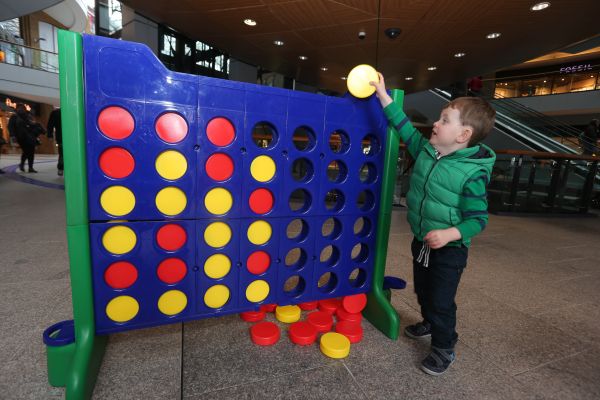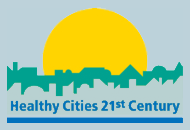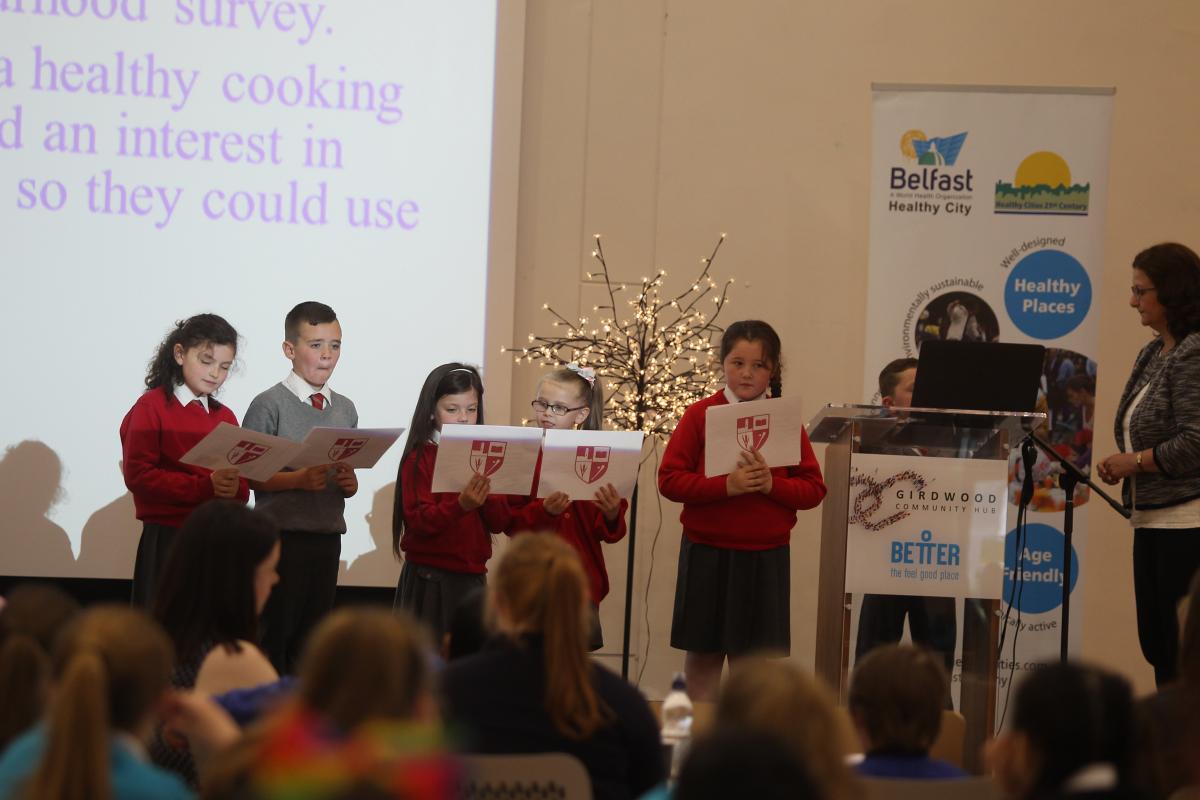Child Friendly Places Work
Child Friendly Places Work
Belfast Healthy Cities has been promoting the concept of child friendly places in Belfast since 2011. Child friendly places is a key concept that aims to give children a stronger voice in decision making and contributes to healthy places. A key driver for the child friendly places programme was the United Nations Convention on the Rights of the Child. The main aim of the programme was to provide children with a platform for sharing their views as a major but often less heard population group, whose healthy development and future engagement in society could be significantly strengthened through a greater sense of ownership over the places they live in.
To progress the child friendly places programme, Taking Action for Child Friendly Places, an inter-sectoral action plan based on extensive engagement with children across Belfast, was published in 2016. Its aim was to highlight the priorities identified by children in Belfast and to put child friendly places higher on the agenda of the city. It was the first document that put a focus on children and the impact of the built environment on their health in Belfast. About 7000 children and families were directly engaged with using innovative methods to identify priorities and the action plan set out partners’ responsibilities under the following areas: Engaging and Empowering Children; Creating Healthier Places and Supportive Environments; and, Tools for Child Centred Spatial Planning and Design.
Shaping Healthier Neighbourhoods for Children
The Shaping Healthier Neighbourhoods for Children gave children an opportunity to make their views about their environment heard. The project engaged 400 children through schools to explore their experience of their local environment through class-based sessions exploring healthy environments, a street audit, and an imagining session to share ideas, prioritise and visualise an agreed proposal. Events were organised to give children the opportunity to present their ideas directly to senior policy and local government decision makers. The priorities and recommendations identified by these children were also used to develop Children’s Voices - A Charter for Belfast and a Shaping Healthier Neighbourhoods for Children report.
KidsSpace

Belfast Healthy Cities developed KidsSpace which explored the creation of child friendly space in the city centre through pop-up events. The aim of KidsSpace was to encourage children and families to take ownership of public space. Activities such as arts and crafts, dance and puppet theatre are offered to encourage children to engage with the space, along with flexible play equipment and pavement chalk. The events were designed to be flexible enough to accommodate children from 3 up to 14 years of age, although most participating children are between 5 and 11 years old. The larger events have attracted an average of 1,000 children and families, and were used as a platform for public engagement on child friendly places through artists and art based consultation exercises. Since 2011, KidsSpace took place in a variety of locations across the city centre, including St Anne’s Square, Buoys’ Park, Writer’s Square, Belfast City Hall front lawns, Urban Soul, May Street and vacant units in Castle Court and Victoria Square shopping centres. Each event has been extremely successful with over 1000 children and parents, highlighting the increasing demand for family activity in Belfast City Centre. A report Exploring child friendly space in Belfast city centre is available.
Planning My City
In 2014, in partnership with the Royal Town Planning Institute (RTPI) as part of their centenary celebrations, the 'Planning My City' event was held in the Ulster Museum. The four day event focused on the role that the built environment and urban planning play in children’s lives. and included arts and crafts, paper-bag houses, computer modelling/interactive areas, Lego® workshops and free play suitable for all ages. A miniature city model that consisted of houses, trees, roads, office buildings, a church etc. was at the heart of the event. A number of facilitated workshops centered around the model supported children to explore how a city is designed, what the uses of buildings could be, where they should be located and how they would contribute to the well-being of the city’s residents. Using a model, children were able to create their own miniature city and try out their ideas. A range of other activities provided an opportunity for children to demonstrate what they believe is required to produce a healthy and enjoyable place to live and work.



